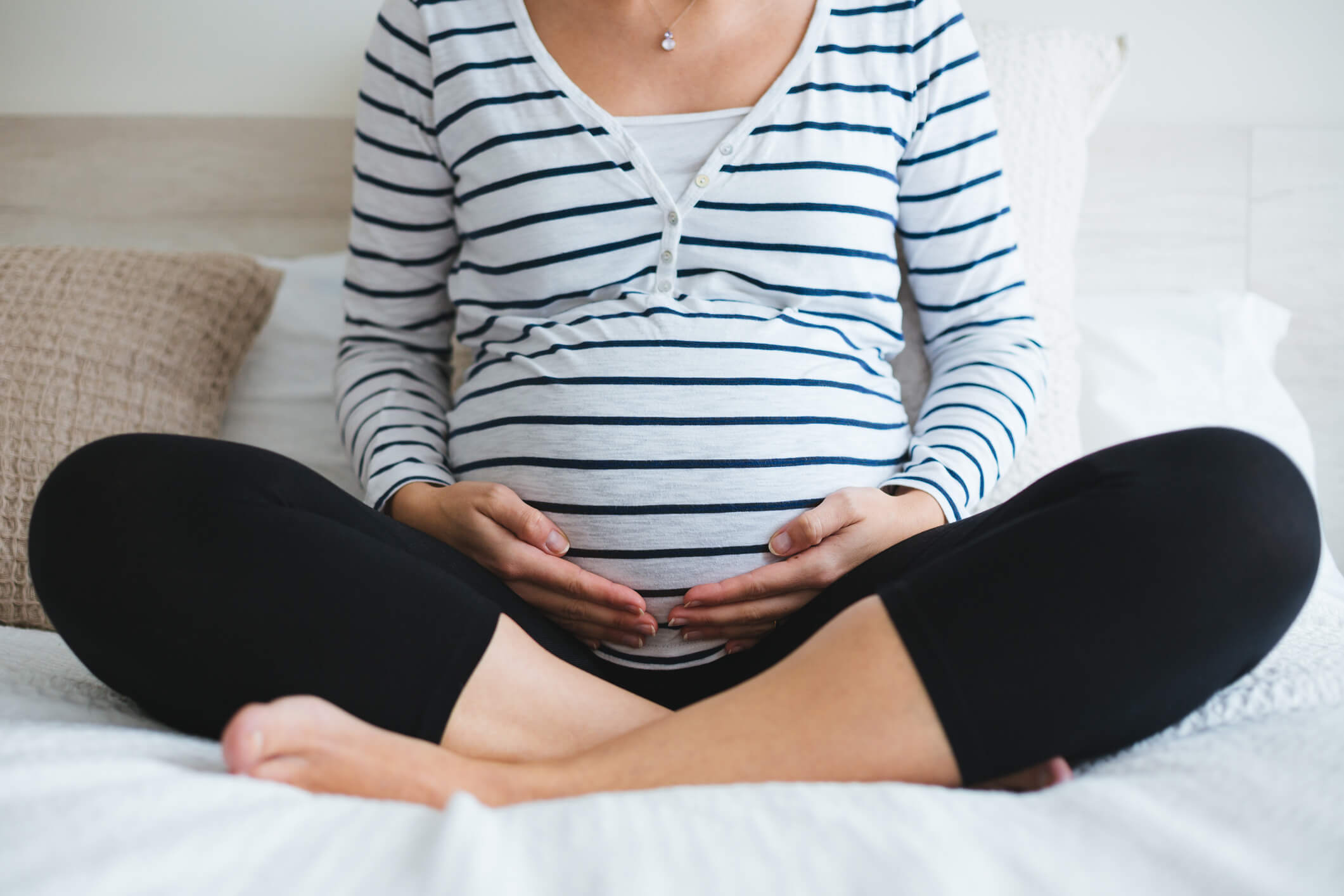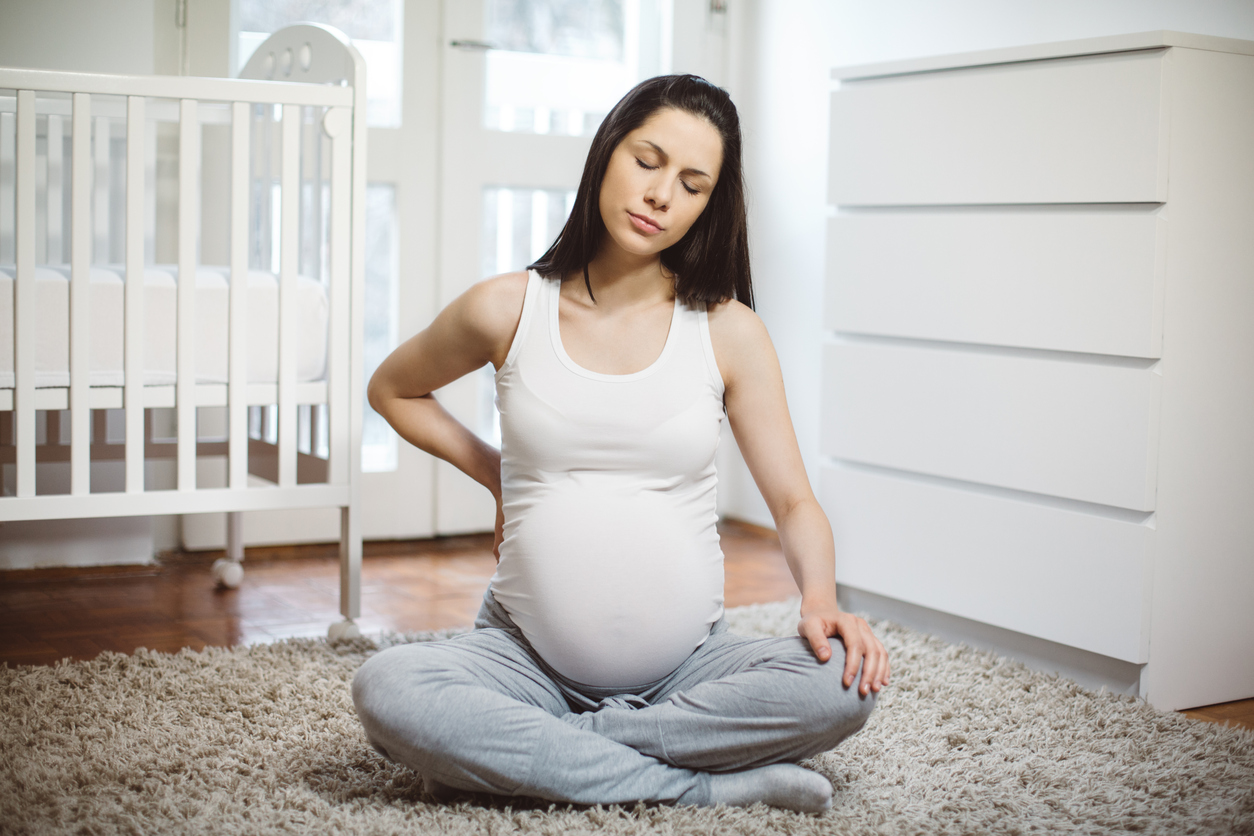-
With symptoms like nausea, loss of appetite and vomiting, morning sickness can feel like a special kind of torture. What’s worse, it usually occurs in the first three months of pregnancy when you can’t openly whinge about it. We’ve got the lowdown on what you can expect and how to deal with this unfortunate side effect of pregnancy.
What causes morning sickness?
Morning sickness affects 80% of pregnant women, but the cause of it is largely unknown. A combination of factors have been thought to play a role in this phenomenon:
- High levels of hormones, including oestrogeon
- Fluctuations in blood pressure, particularly lowered blood pressure
- Altered metabolism of carbohydrates
- The enormous physical and chemical changes that pregnancy triggers.
What are the symptoms?
Symptoms of morning sickness vary from woman to woman, however common symptoms include nausea, vomiting, loss of appetite and, in some cases, depression or anxiety. Not exactly a walk in the park. Some slightly more unusual side effects can even include a change in your sense of taste and smell. Foods you liked before might now taste horrible, or strange smells might become strangely alluring. Who knew?!
Despite it’s, slightly misleading, name morning sickness can affect you at any time of the day or night and varies for different people. The symptoms can also vary from one pregnancy to another. This may not sound like much of a silver lining however its good to know that if you suffered from morning sickness with one pregnancy it does not mean you will have the same experience with the next.
Yikes – how long does this last?
Most women experience morning sickness in the 4th week of pregnancy and their symptoms subside by the 12th or 14th week. However just as every baby is different, no one pregnancy is the same. 1 in 5 women report morning sickness lasting well into their second trimester and it’s not unheard of for some to experience sickness for the entire duration of the pregnancy.
How can I manage my symptoms?
Whilst there is no cure for morning sickness there are some things you try to alleviate and manage the symptoms.
- Eating some plain, dry crackers first thing in the morning and take small sips of a glass of water to relieve nausea before you get out of bed
- Opting for smaller, more regular meals rather than eating large, heavy meals and eating when you’re hungry rather than holding out for a set meal time
- Avoiding fatty foods and coffee
- Sipping dry ginger ale, ginger tea or lemonade
- Drinking 6-8 glasses of water a day – sickness can cause dehydration which in turn may make you feel worse
- Wearing loose comfortable clothes
- Resting whenever possible
- Taking vitamin B6 supplements – be sure to consult your doctor before you do so as doses above 200mg a day can be harmful
- Trying acupuncture on your wrist to alleviate sickness.
It’s hard to deal with morning sickness, especially if you’re still at work or trying to keep your pregnancy on the down low in the early stages. Make sure you take breaks when you can and keep an eye on how you feel.
Whilst these home remedies may be effective, if your symptoms persist or feel unmanageable be sure to see your doctor.
Can morning sickness harm my baby?
Whilst it’s certainly not fun, in most cases morning sickness is normal and nothing to worry about.
Should I see a doctor?
If you suffer from severe morning sickness that results in weight loss or dehydration, make sure to seek prompt medical advice.
Less than 1% of women suffer from a severe form of morning sickness known as ‘hyperemesis gravidarum’ (HG). HG sufferers can find themselves vomiting numerous times throughout the day and it can result in weight-loss and dehydration – not good for you or baby.
If you’re suffering from HG, don’t soldier on in silence. Your doctor will be able to advise you on the best course of treatment. Left untreated, HG can put a real strain on your organs and even stop your baby getting the nutrients it needs, so it’s best to ask for help.
Morning sickness, symptoms and how to deal with it

-
Avoiding cold and flu during pregnancy
During pregnancy, women are at an increased risk of experiencing complications from the flu. Make sure you understand what steps you can take to help keep you and your baby healthy.
-
Choosing childcare that fits your family
Here’s what you need to know when choosing childcare
-
How to avoid 'dad bod'
How to keep fit and healthy with a new baby in the house
-
Expecting a baby during COVID-19
We address some common questions you may have.
-
How your extras can help during pregnancy
Use your cover to stay healthy
-
Pregnancy self-care essentials
Obstetrician Dr Chris Russell shares some advice.
Subscribe to receive the best from Live Better every week. Healthy recipes, exercise tips and activities, offers and promotions – everything to help you eat, move and feel better.
By clicking sign up I understand and agree to Medibank's privacy policy






